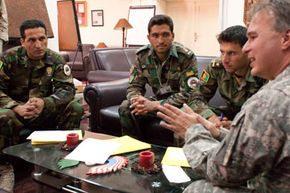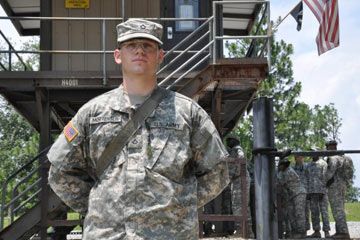Key Takeaways
- To join the Army Corps of Engineers, you need to meet eligibility criteria, including age, citizenship and educational qualifications.
- Prospective candidates must undergo basic training and may pursue specialized training in engineering fields relevant to military operations.
- Career opportunities within the Army Corps of Engineers offer a chance to contribute to infrastructure development, disaster response and national defense efforts.
Care of our public structures and our environment, plus being mindful of their impact on each other, is a big job. Fortunately, we have a big organization trained and tasked with the challenge. The U.S. Army Corps of Engineers (USACE), with its 37,000 civilians and more than 550 soldiers, provides engineering and environmental science solutions to the United States and more than 90 other countries.
According to USACE, the Corps manages four program areas: civil works, military construction, real estate, and research and development. The group is charged with our coastal and water resources engineering, flood control, navigation and disaster response, for example. Are you interested in working with them? To manage its wide range of programs, the Corps recruits a variety of environmental science professionals, such as archaeologists, hydrologists, biologists and geologists.
Advertisement
While the paycheck comes from USACE, you don't have to be enlisted to work with them. Many positions in the organization are civilian positions, and the Corps offers excellent benefits, competitive salaries and a wide variety of challenging jobs and opportunities for advancement.
There are two ways to apply for jobs with the U.S. Army Corps of Engineers. One is to use the Civilian Personnel Online (CPOL) Web site, where you can build and edit your resume, then search available jobs. When you find a desirable position, click on the "self-nominate" button.
The other way to apply for a job with USACE is to use the federal agency job Web site, called USAJOBS. Like the CPOL Web site, you must have a current resume in the USAJOBS database before you can apply for a position. After you create your resume in the USAJOBS system, select the "apply online" button at the bottom of the job description.
Next, let's look at some of the different types of jobs in the Army Corps of Engineers.
Advertisement



